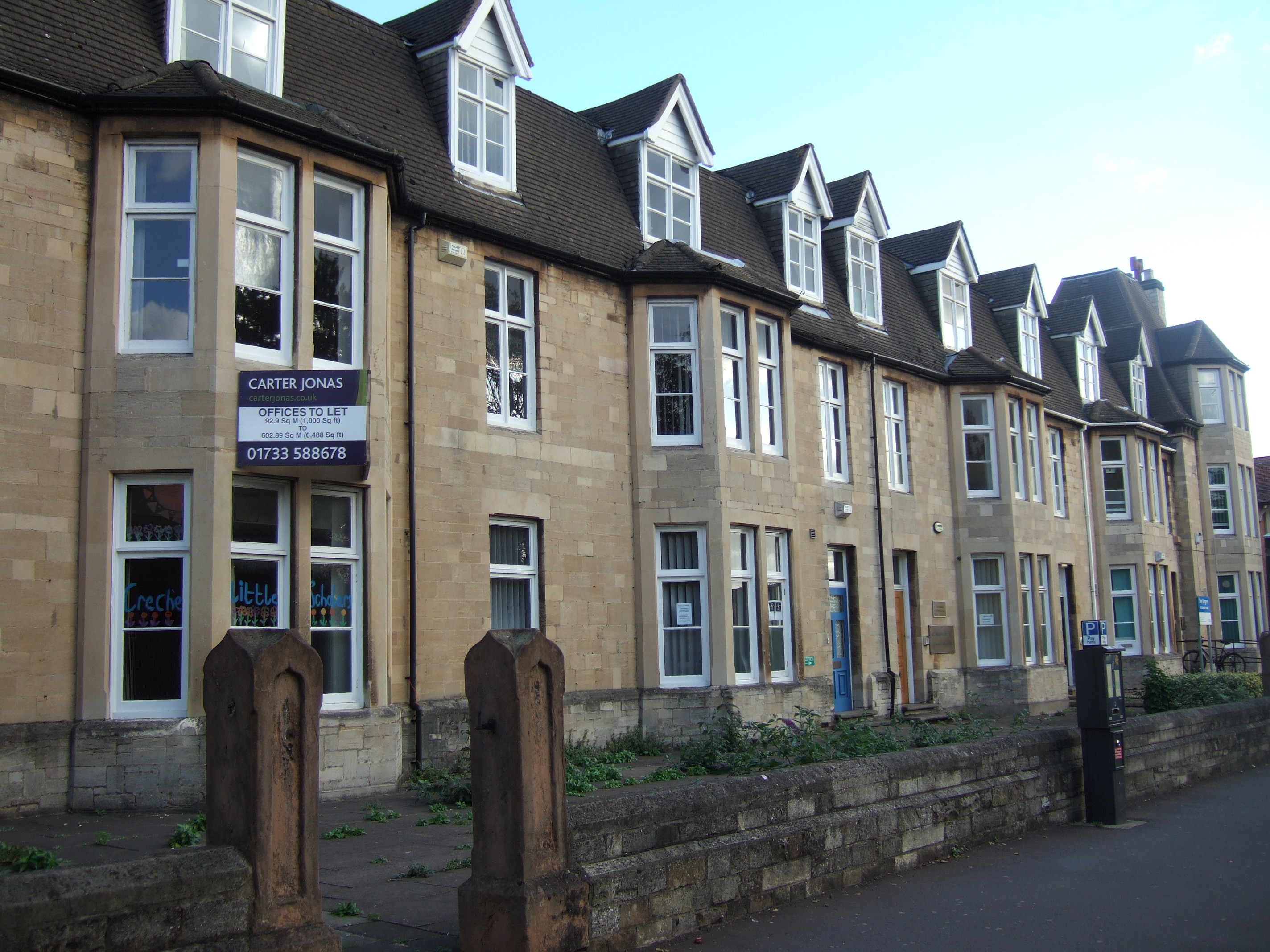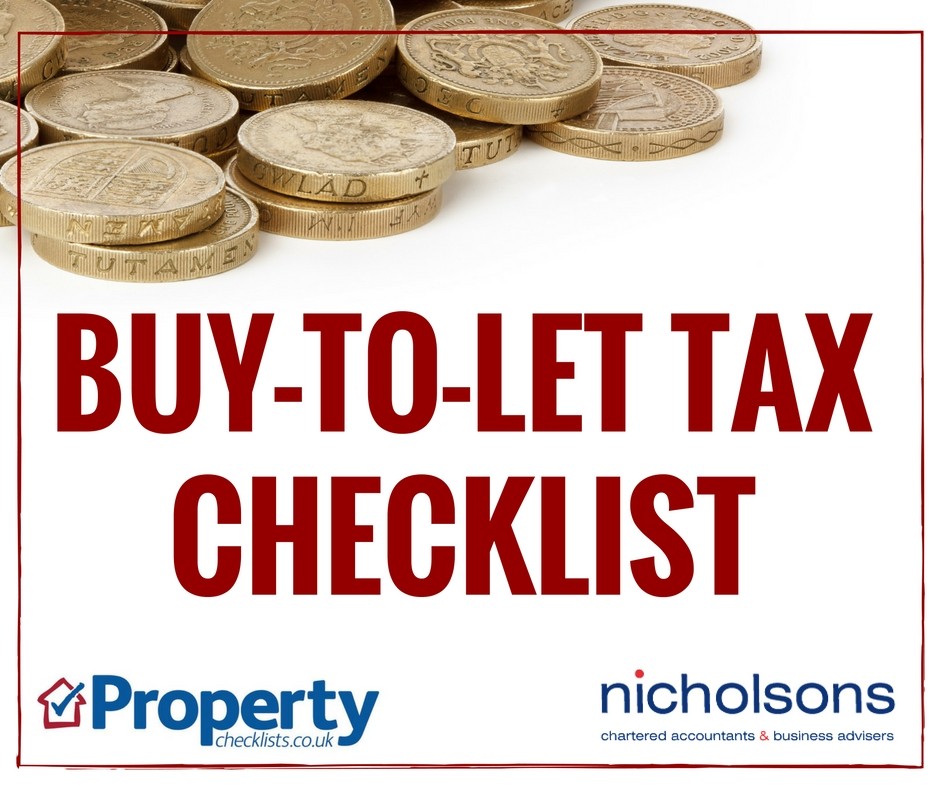
At the recent Property Investor Show I made two presentations, one covering the changes to the property market during elections and recessions, and another discussing the latest forecasts for both the next twelve months and the next few years.
Overall, elections didn’t seem to impact as much on the market as the economy, as the statistics in the attached presentation show. However, I do think the next election may be a little different. This is because for the first time, housing is pretty high up on politicians’ agenda. For investors, this isn’t great news thanks to the current governmental ‘anti-landlord and anti-investment’ attitude, and tenants and first-time buyers attract far more votes than landlords and investors.
Taking into account that Labour suggests forcing landlords to sell to tenants at a discount (pretty difficult in areas where prices are lower than they were twelve years ago!), in addition to rent controls and abolishing S21, it may well be that many landlords will consider this the final straw, and increasing numbers will decide to just sell up.
However, laws take time to change and, as we know, politicians are good at making promises, but not so good on delivering them. And some of the proposed new legislation, such as forcing landlords to sell to tenants at a discount, is going to be very difficult to bring into force. It will also take some years to implement, thus giving landlords and investors plenty of time to sell up or change their strategy, leaving the existing government (whichever it may be) to cope with the inevitable rise in homelessness. Currently the number on the streets is up by 165% since 2010, mainly, in my view, due to short-sighted rental policies and the damage caused by the introduction of Universal Credit.
So, based on past election analysis, it doesn’t look like an election will affect prices that much – unless landlords decide to sell up en masse.
A worldwide recession is expected to impact in 2020 and current suggestions are that the UK is already sliding into a downturn. Based on news so far this year, this seems likely, even if it may not be of the proportions of the 2007 slump.
This can be good news for cash-rich investors, but it does mean that anyone investing or landlording now needs to be cautious, and make sure their property investment is in good order and can be re-mortgaged if necessary.
Overall the key statistics to be aware of from the last two recessions are that:
What will be interesting, if the property market stalls and falls again, is to see what happens in areas like the North East and Northern Ireland. Here, property prices have yet to recover to the 2007/8 levels they were selling for, i.e. the prices of twelve years ago. So with no ‘uplift’ the question is whether they will remain stable, or take a further hit.
Take a look at my presentation on elections and recessions here
So with an election and possible recession on the way, what are the forecasters saying about the market? The good news is that most are either predicting small declines – a few percent at most – or similarly modest rises. Nothing staggering, at any rate, and certainly no-one is predicting that prices will ‘fall off a cliff’, just yet!
The next question I considered is whether the forecasters are any good. Being honest, they are not bad, with PwC’s price forecasts for this year, for example, not being far off the current actual prices.
Download my presentation on the regional and UK property forecasts here
| Buy to let insurance - Direct Line for Business |
Advantages of a new build property - Barratt London |
Buy to let tax - Nicholsons |
 |
 |
 |